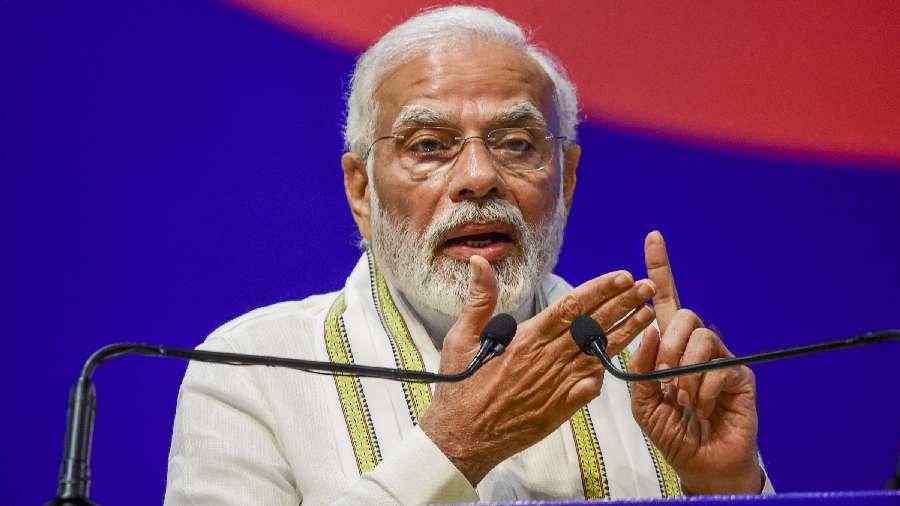The parliamentary committee on Naga political issue, made up of all 60 MLAs and two MPs of Nagaland, on Saturday urged Prime Minister Narendra Modi and Union home minister Amit Shah to “invite" the National Socialist Council of Nagalim (I-M) leaders for “an early conclusion” to the ongoing peace process.
The appeal to Modi and Shah were part of the resolutions adopted by the committee after its meeting held in state capital Kohima to take the stalled peace process forward.
The Nagaland government had notified the committee in June 2021 with the mandate to “discuss” matters relating to the Naga political issue and play the “role of facilitator” in the ongoing peace talks between the government of India and the Naga political groups. It has held meetings with both central leaders and leaders of the NPGs since its formation.
The Nationalist Democratic Progressive Party (NDPP) heads the Opposition–less Nagaland government of which the BJP is a constituent.
Saturday’s meeting was held in the backdrop of the NSCN (IM) admitting there has been a deadlock in the peace process over the issue of separate Naga flag and Constitution.
NSCN (IM), the key player in the talks, has said it was unthinkable for the organisation to accept the Naga national flag as a cultural flag as hinted by the Centre because it symbolises Nagas’ political identity and was non-negotiable.
The peace process to end one of Southeast Asia’s longest-running insurgency started with the ceasefire involving NSCN (I-M) in 1997 and the signing of the Framework Agreement in 2015 paving the way for an early solution but all the efforts seemed to have hit a roadblock over the issue of separate Naga flag and constitution.
The Centre also held talks with the Naga National Political Groups (NNPGs), representing seven other insurgent groups, since 2016, which signed the Agreed Position with the Central government on November 17, 2017, and they, too, want an early solution.
One of the four resolutions of the Committee appealed to the negotiating parties to “refer” to the Framework Agreement signed between the NSCN (I-M) and the Centre in Delhi in presence of Modi to arrive at a “mutually acceptable definition of competencies” to “resolve this contentious issue at the earliest” and bring about a final solution to the Naga issue that is “ honourable, acceptable and inclusive”.
The resolution added that since the talks officially concluded on October 31, 2019, the Prime Minister and the Union home minister “is urged upon to invite the NSCN (IM) leaders for an early conclusion” of the peace process.
Saturday’s resolutions, signed by chief minister Neiphiu Rio, deputy chief minister Y. Patton, ruling United Democratic Alliance (UDA) chairman T.R. Zeliang and NPF LF leader K. Nienu made it clear that the committee is “not a party” to the political negotiations, it was playing the “role of the facilitator, representing and reflecting the voice of the people” and that it will “continue” to pursue this role in a “serious manner”.
The committee has welcomed, among others, the positive initiatives being taken by the Centre and the NNPGs, a platform of seven outfits in regard to the ongoing peace process, also welcomed the statements and observations made by various organisations and individuals “calling for unity and early solution”.
The Committee appealed to all sections to refrain from making statements that may create misunderstanding and disunity that “may stand in the way of our common and collective endeavour to achieve genuine and lasting peace”.
In June, the Naga Students’ Federation (NSF) held a rally in Delhi, making a strong pitch for an early, inclusive and honourable solution to the Indo-Naga political issue.











